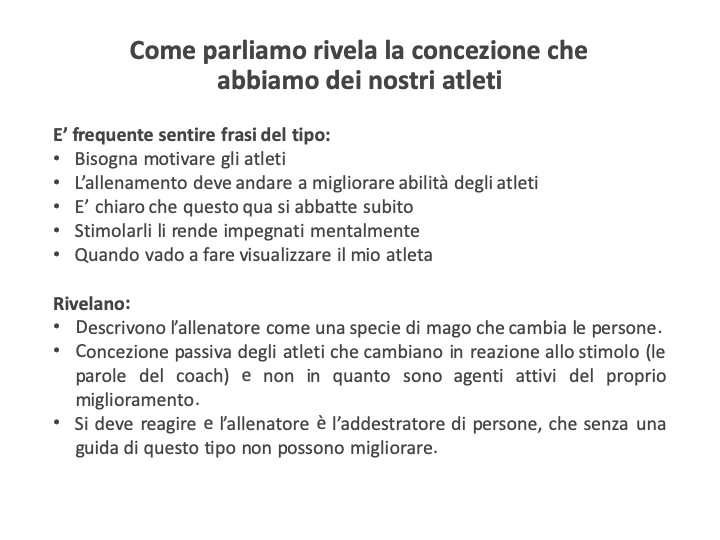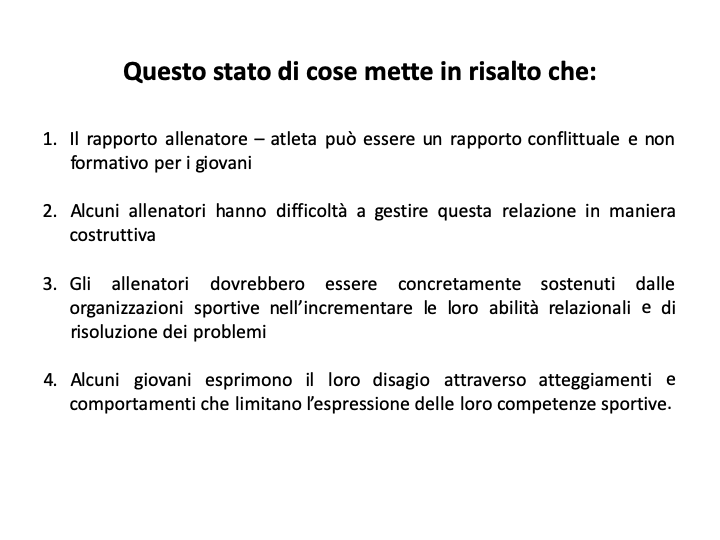How many times have we seen ditching the match point and then lose the game? Too many!
How many times have we seen players play a set very well and then lose resoundingly the next one maybe to zero? Many!
How many times after some mistakes have we seen one tennis player lose his/her mind, continuing with this negative sequence until the end of the set? Many!
Are all situations in which the tennis player has not used the killer instinct, the result is that one player dominated the other.
What is the killer instinct:
- Will to do what it’s reasonably necessary to win or achieve the goal.
- Awareness about when to push to close a game, set or match, and do it.
- Knowing that when the we lead, it needs to continue to do it.
- Knowing that when the opponent is down, we must continue to keep him/her down.
- Will to react successfully from a negative momentum.
- Never think that it will be easy to win. No one can guarantee the outcome, not ourselves.
- Never relax during the game, if the psychological tension go down give ourselves the stimulus to psych up, to keep the concentration high.
- When we are leading the match we could reduce the competitive tension, it is dangerous. Use mental images that maintain a constant level of activation.
- The over-confidence can become a trap that surrounds and supports the emergence of distractions. We must act to stay mentally focused point by point.
- Never think about the end result but as mentioned we need to stay focused on the present, play at the best.
- Always keep the highest pressure on the opponent is one of the keys to success. The aim is to convey to the opponent the idea that anything he/she can do, he/she will always remain down.
- Never be in a hurry during the time between the points, we must always have the same timing is that we serve or return.








